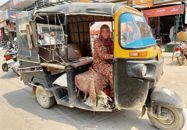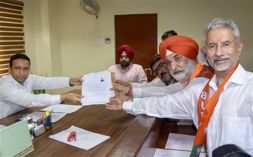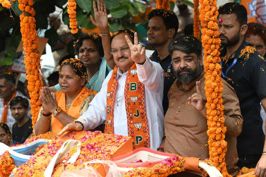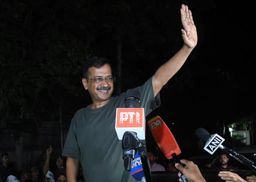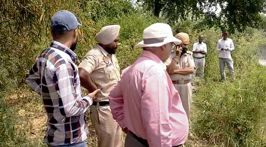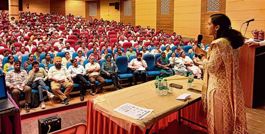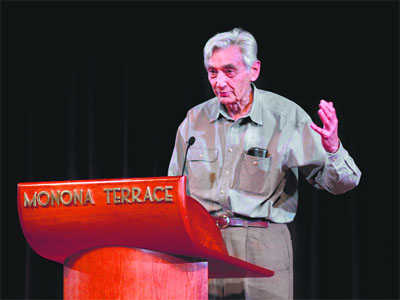
Howard Zinn
Reviewed by Shelley Walia
‘We are supposed to be thinking People. We are supposed to be able to question everything’— Howard Zinn
There are no neutral intellectuals. Each individual must take her position to counter the fascist turn in democratic politics. For the understanding of this deep-seated malaise, any student of politics must go to the works of Howard Zinn, one of the greatest and most prophetic iconoclasts in modern times, who has left an enduring mark on the ideological encounters in the world. His radical politics unabashedly defies the conventional and neo-conservative control of state institutions with the aim of fighting for everyday justice. Liberty, war and a radical approach to the reading of history are integral to his central oppositional stance, especially his support of the artists who ‘wage the battle of justice in a sphere, which is unreadable by the dullness of ordinary political discourse.’ Such activism is visibly relevant to the predominant wave of fanaticism in India today.
The Historic Unfulfilled Promise consists of Zinn’s insightful opposition to the legitimacy of war that gives impetus to his activism urging people to persist: ‘Things take a long time. It requires patience, but not a passive patience — the patience of activism. … We should be encouraged by examples of social change, by how surprising changes take place suddenly, when you least expect it, not because of a miracle from on high, but because people have laboured patiently for a long time.’ Such engagement in the public domain allows the governed to interrogate state policies fearlessly. Their patriotism lies not in supporting the leadership, but upholding the basic constitutional principles. They fight not for Bush or Rumsfeld, but for their country, a realisation that is paramount in the sustenance of patriotic zeal.
Dying for the Government, an essay included in this collection, argues against the very notion of fighting a war simply because your leaders want you to, when really wars are waged for the oil hungry, the cartels and the ambitious. Are we Politicians or Citizens? is an excellent essay emphasising the public role that safeguards what is right and leaves the politicians to worry about their politics of expediency. In this posthumous collection of articles, Zinn’s encouraging voice meaningfully engages with struggles in a neo-conservative economy controlled by the rich. Without any racial or class prejudices he asks provocative questions: How is the will of the people being followed? What kind of a country do we want to live in? Have the political leaders gone mad? Such interrogation projects his commitment to democratic and social ethics that clearly remain alternatives to war, totalitarianisms and violence. The historic unfulfilled promises remain largely ignored in the absence of egalitarianism and self-determination.
The essays range from anti-Vietnam demonstrations to the two wars in Iraq, and the wasteful military adventure in Afghanistan. Zinn considers wars a waste of the nation’s wealth, which can be preferably channelised into welfare schemes including health-care availability, job security, and freedom from pollution, which would help in broadening the scope of national security. Merely military defense does not amount to having a strong nation. Abolition of war amounts to ‘a matter of global survival.’
For Zinn, awarding the Nobel Peace Prize to Wilson, Roosevelt, Kissinger or Obama is outrageous for the very reason that no assurances were ever kept. Involvements by Wilson in Haiti and Mexico, the conquest of Cuba and the bloody war against Philippines by Roosevelt, or Kissinger’s responsibility of genocide in Vietnam and Cambodia as much as Obama’s military interventions in Iraq, Afghanistan and Pakistan, all resulted in appalling carnage. Fifty million died in the Second World War, the massacres in the American Civil War and the Revolution did not end fascism or racism in the world. Was it worth anything that two million died in the Vietnam War? The war against North and South Korea resulted in unforeseen bloodshed. The Taliban are now back in Afghanistan. Getting to Al Qaeda, you do not have to bomb the whole country. Winning in a country that is not yours is hardly a victory.
War with terrorism to all purposes is not to end terrorism but a ‘war of terrorism’. In Zinn’s view, the Peace Prize committee must either not be swayed by rhetoric and stardom or it must abdicate and allow another competent committee that has wide-ranging understanding of history to take over.
Zinn implores nations to spend more on international humanitarian aid rather than on meaningless armaments. The transmitting of meaningful information would result in the change of public opinion and attitudes to war as was the case in the Vietnam War. For instance, he regards all children of the world alike. As a bombardier he had experienced the murder of innocent people, including children. Victims of war cannot be treated as collateral damage, which amounts to the dehumanising of the victims.
The sincerity of Howard Zinn’s intervention is visible in the honest turn of phrase in his style of writing where his intention is not to use any rhetorically smart sentences, but a simplicity and clarity so essential to communicating with the masses on the hypocrisy of the discourse of nationalism or war or the urge towards crass capitalism inundating the contemporary world. Race baiting, xenophobic and religious bigots like Donald Trump are an anathema to him.
He was indeed, trained to take a broad view of history and never through a prism of pessimism that afflicts many in times of despair and frustration.






